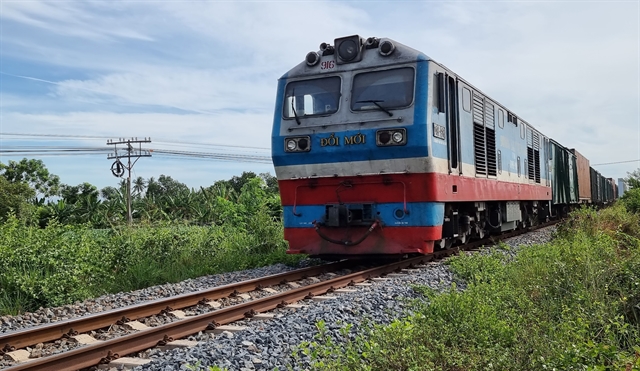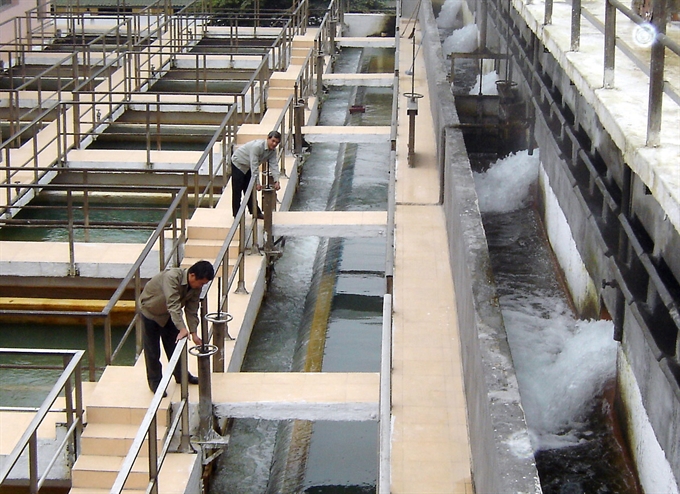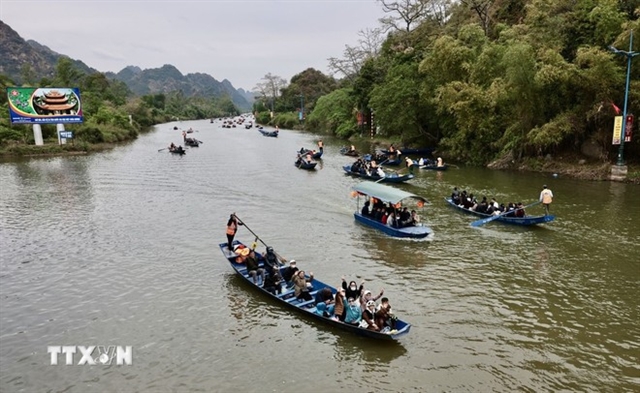 Economy
Economy

Hà Nội People’s Committee will divest from 96 State-owned enterprises (SOEs) that are located in the city during the 2016-20 period, according to a decision released recently by the city government last week.
 |
| Employees monitor clean water production at Hà Nội Water Co Ltd. The firm is among the nearly 100 State-owned enterprises (SOEs) from which the Hà Nội People's Committee will divest from. — VNA/VNS Photo Bùi Tường |
HÀ NỘI — Hà Nội People’s Committee will divest from 96 State-owned enterprises (SOEs) located in the city from 2016-20, according to a city government decision.
Sixty-six of the SOEs are owned by large State-owned corporations and groups, under the Government’s management, and 30 are managed by city authorities.
The most well-known SOEs to be equitised include the Urban Infrastructure Development Investment Corp, Hanoi Housing Development and Investment Corp, Hanoi Water Co Ltd and Hanoi Transport Corp.
Other companies the State will divest from include Thượng Đình Footwear Company, Hà Nội Plastic Company, Minh Khai Textile Company and electronics producer Hanel Co Ltd.
The SOEs have total charter capital of more than VNĐ10.3 trillion (US$457.78 million) with the State holding more than VNĐ4 trillion.
The city will divest from business units that are not the core business of the SOEs.
The city also has to attract private investors to buy shares of the SOEs in order to restructure the companies and improve the quality of corporate performance.
The city will sell less than half of the State’s shares in companies that must be controlled by the Government and divest entirely from the others, especially those in which the State has less than 50 per cent of shares.
The city’s Business Development and Renovation Committee will tackle unexpected problems immediately and work with related sectors and agencies to deal with issues rising in the divestments.
The city’s Department of Finance and the Business Development and Renovation Committee will work with other city and Government’s agencies to make sure the SOE equitisation is efficient and goes to schedule.
The two city’s agencies will also help SOEs and consultancy firms comply with regulations in equitisation and divestment.
The SOEs on the must-sell list have to prepare documents on their business, including property and land-use rights, financial status, labour and other relevant issues so that the equitisation and divestment can be undertaken quickly and efficiently. — VNS




